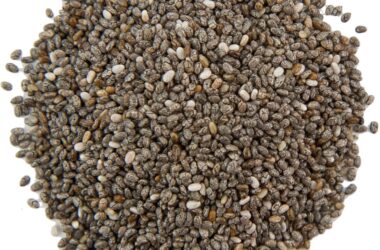Hyperpigmentation: A Skin Concern for All Ages and Skin Types
Hyperpigmentation is a common skin concern that can affect anyone, regardless of age, skin type, or ethnicity. It refers to the formation of dark patches or discolorations on the skin, often caused by an overproduction of melanin, the pigment responsible for skin tone. Hyperpigmentation can be caused by a variety of factors, including sun exposure, hormonal changes, skin injuries, inflammation, and certain medications. In this article, we will explore the causes, symptoms, and treatments of hyperpigmentation, as well as prevention strategies to help minimize its impact on your skin.
Table of Contents
Causes of Hyperpigmentation
There are several underlying causes of hyperpigmentation, including:
-
- Sun exposure: Prolonged and repeated exposure to the sun’s UV rays can cause hyperpigmentation, especially in fair-skinned individuals.
-
- Hormonal changes: Hormonal fluctuations during pregnancy, menopause, and certain medications can cause changes in melanin production, leading to hyperpigmentation.
-
- Skin injuries: Injuries, cuts, and surgical scars can lead to hyperpigmentation, especially if they become infected or inflamed.
-
- Inflammation: Chronic inflammation, acne, and rosacea can all contribute to hyperpigmentation.
-
- Certain medications: Some medications, such as certain antidepressants and blood pressure medications, can cause hyperpigmentation as a side effect.
Symptoms of Hyperpigmentation
Hyperpigmentation can manifest in various forms, including:
-
- Melasma: Irregular patches of brown or yellow skin, often on the face, particularly on the cheeks, forehead, and chin.
-
- Sun spots: Dark patches or freckles on the skin, often as a result of prolonged sun exposure.
-
- Freckles: Small, dark spots on the skin, often hereditary or caused by UV exposure.
-
- Birthmarks: Congenital dark spots or patches on the skin, often present at birth.
Treatments for Hyperpigmentation
The treatment for hyperpigmentation depends on the underlying cause and severity of the condition. Some common treatments include:
-
- Creams and ointments: Topical treatments containing ingredients such as hydroquinone, kojic acid, and retinoids can help lighten and fade hyperpigmentation.
-
- Laser therapy: Laser treatments can target and destroy melanin-producing cells, reducing hyperpigmentation.
- Microdermabrasion: A non-invasive exfoliating treatment that can help improve skin texture and reduce hyperpigmentation.
- Surgical excision: In severe cases, surgical excision of hyperpigmented areas may be necessary.
To prevent or minimize hyperpigmentation, it is essential to adopt the following strategies:
-
- Avoid excessive UV exposure: Limit your time in the sun, especially during peak hours, and wear protective clothing when spending time outdoors.
-
- Hormone regulation: Manage hormonal fluctuations through dietary changes, stress reduction, and relaxation techniques.
Conclusion
Hyperpigmentation is a common skin concern that can affect anyone. By understanding its causes, symptoms, and treatments, you can take proactive steps to minimize its impact on your skin. Remember to adopt prevention strategies, such as sun protection and gentle skincare, to reduce the risk of hyperpigmentation. If you are concerned about hyperpigmentation, consult with a dermatologist or skincare professional for personalized advice and treatment.
Recommended Products
-
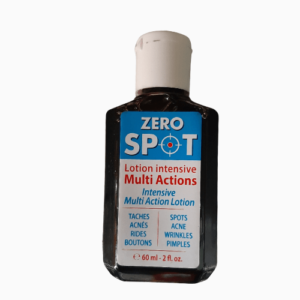 Zero Spot Lotion 60ml | Clear & Even SkinKD5.000
Zero Spot Lotion 60ml | Clear & Even SkinKD5.000 -
Product on sale
 You Glow Babe Beauty White REJUV SETOriginal price was: KD8.000.KD6.000Current price is: KD6.000.
You Glow Babe Beauty White REJUV SETOriginal price was: KD8.000.KD6.000Current price is: KD6.000. -
 Prestige Kagayaku Bleaching Soap 75gKD2.000
Prestige Kagayaku Bleaching Soap 75gKD2.000 -
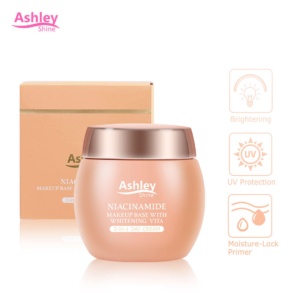 Ashley Shine Niacinamide Whitening 3 in 1 Day Cream – 50gKD4.000
Ashley Shine Niacinamide Whitening 3 in 1 Day Cream – 50gKD4.000 -
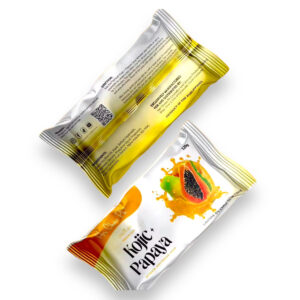 Her Choice Kojic Papaya Soap 120gKD2.500
Her Choice Kojic Papaya Soap 120gKD2.500 -
 Anua Peach 70 Niacin Serum 30mlKD8.000
Anua Peach 70 Niacin Serum 30mlKD8.000 -
 RDL Kalamansi Whitening Soap – 135gKD1.250
RDL Kalamansi Whitening Soap – 135gKD1.250 -
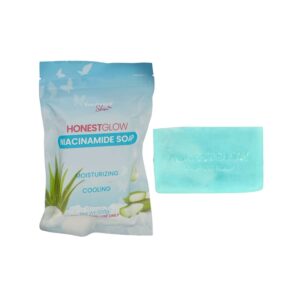 Honest Glow Niacinamide Soap by Transformed Skin 100gKD2.500
Honest Glow Niacinamide Soap by Transformed Skin 100gKD2.500 -
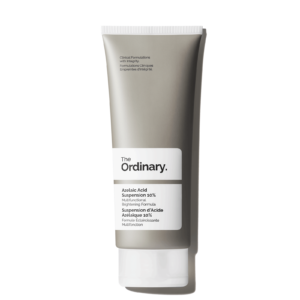 The Ordinary Azelaic Acid Suspension 10%KD6.000 – KD12.000
The Ordinary Azelaic Acid Suspension 10%KD6.000 – KD12.000



